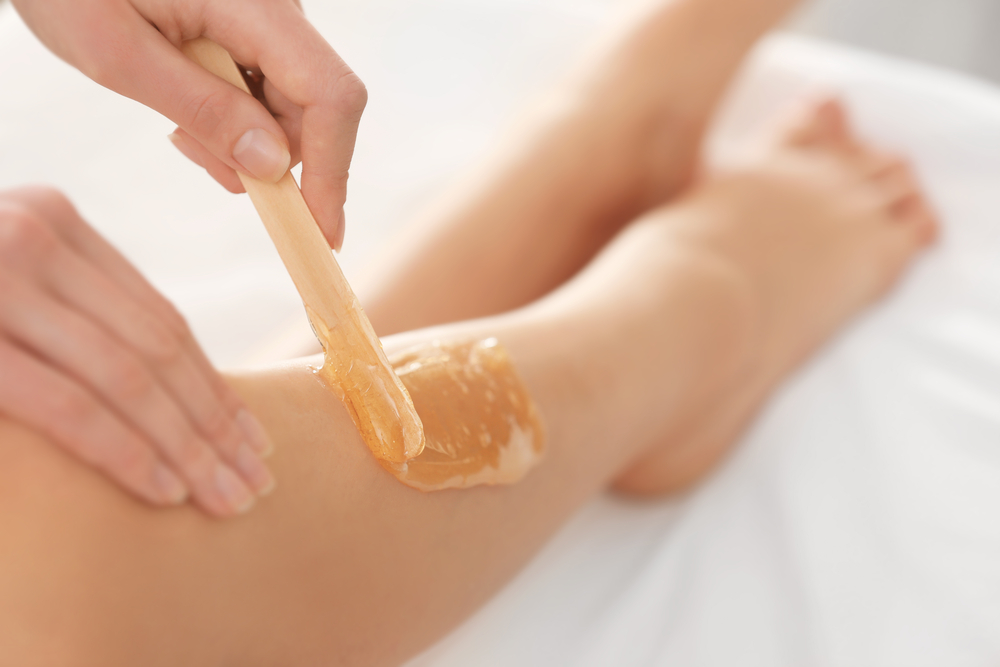Self Care: Practical Steps for Personal Grooming and Wellness
Self care is a broad set of practices that help maintain physical, mental, and emotional balance. Small, consistent habits — from sleep and nutrition to attention to personal grooming — contribute to feeling more stable and confident. This article focuses on approachable routines and choices you can use to support everyday wellbeing. This article is for informational purposes only and should not be considered medical advice. Please consult a qualified healthcare professional for personalized guidance and treatment.

How can a man build a grooming routine?
A simple grooming routine helps maintain hygiene and supports self-confidence. Start with the basics: daily cleansing, regular tooth care, and a weekly exfoliation to manage dead skin and ingrown hairs. Tailor hair and facial grooming to your lifestyle — shorter styles can need more frequent trims, while longer styles benefit from occasional conditioning treatments. Invest in a few reliable tools (quality razor, trimmer, comb) and set times in your week for maintenance so grooming becomes a sustainable habit rather than a chore.
What role does waxing play in self care?
Waxing can be part of self care when you want longer-lasting hair removal than shaving offers. It reduces stubble and can smooth areas such as the chest, back, or brows for several weeks. Consider skin type and sensitivity; some people experience irritation or ingrown hairs after waxing. Pre- and post-wax care — gentle exfoliation a few days prior and moisturization afterward — can reduce adverse effects. If you’re new to waxing, start with a small area or book a professional consultation at a salon to learn what works best for your skin.
How does beauty fit into everyday self care?
Beauty practices are often personal rituals that support mood and self-expression as much as appearance. Skincare routines tailored to your skin type (oily, dry, combination, sensitive) can improve comfort and appearance over time. Simple steps — sunscreen during the day, hydrating serums at night, and consistent cleansing — make a noticeable difference. Beauty can also include mindful practices: selecting a scent that uplifts you, wearing comfortable clothes, or a brief grooming ritual that signals a shift from work mode to downtime. These small acts reinforce self-respect and emotional wellbeing.
When to visit a salon for professional care?
A salon visit is useful for tasks that require skill, specialized tools, or a consistent finish, such as complex haircuts, professional waxing, or color treatments. Professionals can assess skin or hair conditions and recommend products and schedules that suit you. If you’ve had adverse reactions to at-home products or need precise shaping (for example, eyebrows or beard lines), a salon appointment can save time and reduce mistakes. Look for salons with clear hygiene practices and trained staff; ask about patch tests for hair dyes or waxing to check for sensitivities.
Where to find local services to support self care?
Local services can include barbers, salons, skincare clinics, and wellness centers. When choosing providers, read reviews, check qualifications, and compare the services they offer — some focus on men’s grooming, others specialize in waxing or beauty treatments. Many salons publish service menus online so you can compare offerings and prep instructions before booking. Consider convenience and accessibility: a provider that aligns with your schedule and communicates clearly about aftercare will make self care easier to maintain over time.
Conclusion
Self care combines practical maintenance and mindful choices that support longer-term wellbeing. Building a grooming routine that fits your life, understanding options like waxing, and integrating basic beauty and skincare habits produce both physical and psychological benefits. Professional services such as salons are useful when you need expertise or longer-lasting results, while local providers can help keep routines consistent. Ultimately, the most effective self care is the one you can sustain: simple habits, periodic professional support, and attention to how practices affect your comfort and confidence.




